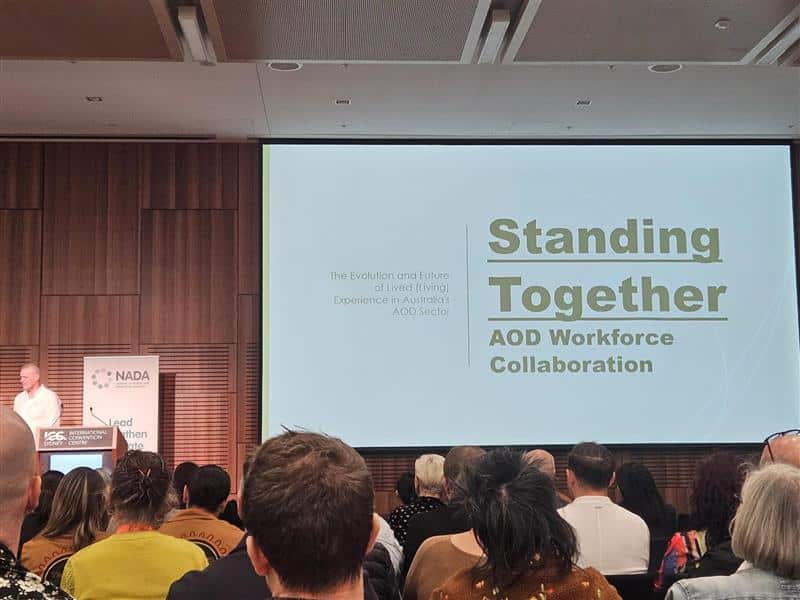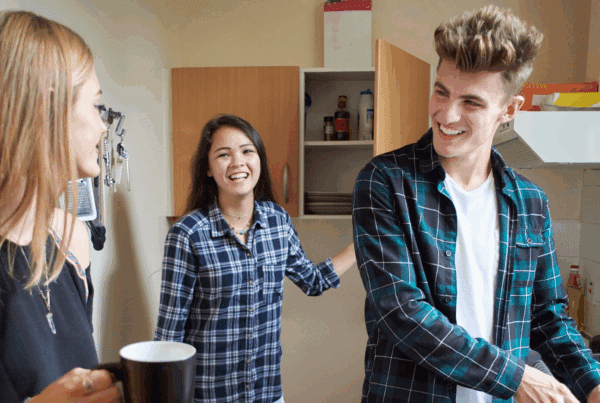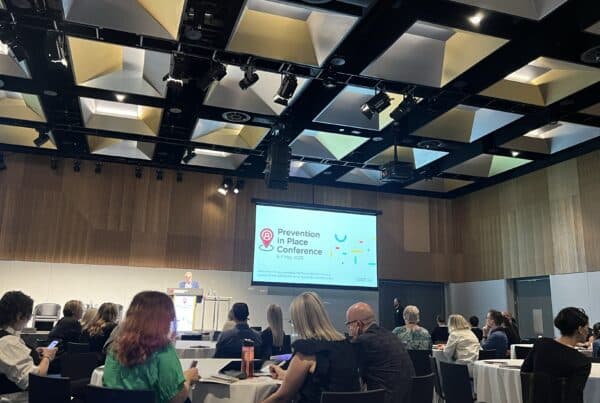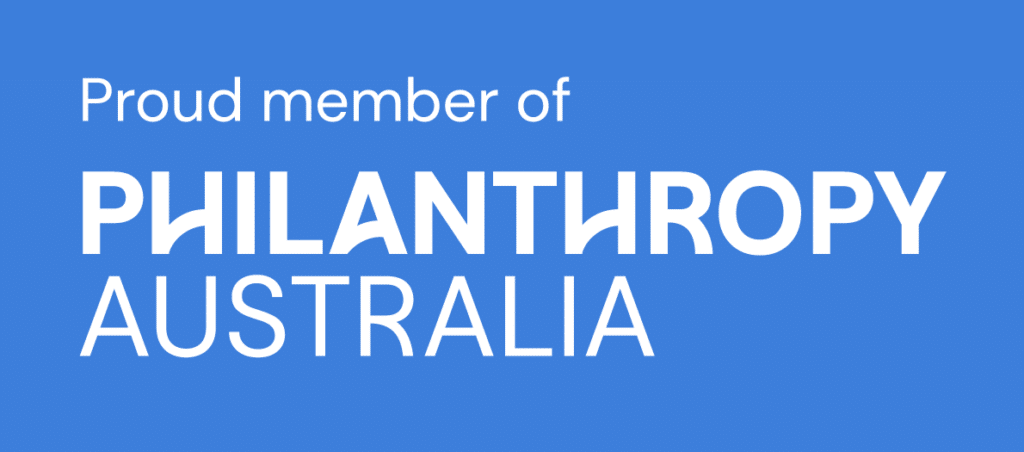I was very lucky to attend Day 1 of the NADA Conference in early June, with this year’s theme of Strength in Community: Building a Brighter, Kinder Future. Held in Sydney, the conference brought together hundreds of diverse people from the Alcohol and Other Drugs (AOD) sector, including service providers, policy makers, people with lived and living experience, researchers and funders.
The opening by NADA CEO Dr Robert Stirling and NADA Board Chair Leone Crayden reminded us that meaningful change never happens in isolation. Our sector, driven by kindness and compassion, is resilient, generous and committed to the communities we serve. A strong call to action emphasised that collective strength lies in unity and empowers our sector to facilitate the positive changes we want to see.
Lived experience is critical in person-centred care
Craig Worland (Queensland Health) and Maureen Steele (NSW Health) highlighted the important developments in Australia’s lived experience AOD workforce. They spoke of the unique knowledge and expertise that lived experience and peer workers bring, drawing from their own recovery journeys to support others.
Self-determination is a critical element in recovery, and the lived experience workforce plays an integral role in co-design of services, bringing a values-based approach to care and recognising that every person’s journey is unique. As we well know, there is no “one size fits all” approach to alcohol and other drug use.
Both presenters outlined the progress made over the past 10-15 years, including specialised training services, development of lived experience workforce frameworks, and the emergence of values-based healthcare approaches supporting growth in lived experience positions across the sector.
The session inspired me to think further about the role lived experience can play in our own work and organisation, in particular building on our Youth Advisory Group and the important role it plays in bringing a youth lens to our work.
Innovation and trust in youth engagement
Given Sir David Martin Foundation’s funding focus on youth AOD, I was particularly interested in several sessions highlighting innovative approaches to supporting young people.
Molly Reynolds and Amy Robbins from Directions Health Services shared their flexible approach to youth drug and alcohol problems in the Bega Valley community. Despite high rates of disadvantage and limited youth-appropriate options, their place-based service model utilised wide stakeholder engagement, importantly including young people themselves and First Nations representatives, along with leveraging other strengths in the local community.
The speakers noted that young people often have a high level of distrust in services at the beginning of a recovery journey, hence the need to be innovative and multipronged in building trust. In its first year, the program achieved strong engagement, including a high rate of young people self-referring to the service.
This reinforced that proactive services which target the unique needs of young people are fundamental to achieve change, and creating an environment where young people feel safe to speak about their substance use is critical.
Research insights on youth recovery
Post-doctoral research fellow Megan Wells from the University of Wollongong presented fascinating research into treatment experiences of emerging adults (18-29 years) recovering from addiction. Her work demonstrated improved outcomes for young people when they receive treatment from youth-focused services, highlighting the importance of active client involvement in their own care and recovery.
Dr Emily Deans from Youth Solutions and Lou Carr from the University of Wollongong shared qualitative research on how young people with co-occurring substance use and mental health issues define recovery. This insightful presentation highlighted that recovery is not a fixed period or event, but rather an ongoing process – in one young person’s words “it’s pretty much the rest of your life”.
The research recognised the intertwining factors of substance use and mental ill-health, with young people explaining that when substance use was removed as a coping strategy, unique support is critical to address underlying trauma. Important factors young people identified as integral to recovery included community connections, youth-focused professional help, individual goal setting and having choices in recovery.
Unique considerations for vulnerable groups
Several sessions highlighted the unique needs of vulnerable populations. Angus Jack Mason and Ashlyn Buckley from the Community Restorative Centre explored the challenges for people entering rehabilitation following incarceration. They emphasised taking a client-centred, trauma-informed approach and meeting people where they’re at, using respectful, inclusive language that does not stigmatise.
Andrea Andrew, James Southan and Josie Vairy from Karralika Programs addressed supporting young Aboriginal people struggling with drug or alcohol problems. They highlighted that substance use often masks trauma and unmet needs, and that young Aboriginal people face layered intersectional challenges, requiring a family-focused, whole community approach.
Both presentations reinforced that relationships and trust are at the heart of care and support, particularly for young people who have unique needs and may have had negative experiences with services in the past.
Community and collective healing
A wonderful keynote from Taimalelagi Mataio Faafetai (Matt) Brown, founder of New Zealand-based She is Not Your Rehab, demonstrated innovative community approaches to healing. Through utilising a barbershop model and building relationships with local counselling services, Matt and his team created a safe space for men to share childhood pain and trauma, working toward healing and breaking cycles of harm.
Strong themes of safety, connection, compassion and kindness resonated deeply with me and reinforced their importance in all recovery journeys, including in the work Sir David Martin Foundation supports. Matt’s message that “your childhood trauma wasn’t your fault, but your healing is your responsibility” highlighted the critical importance of self-determination in recovery.
Building sector leadership
I had the wonderful opportunity to participate in an interactive workshop exploring the establishment of a leadership network for the AOD sector. Facilitated by NADA Deputy CEO Chris Keyes, this session aimed to share knowledge, foster connections and ultimately improve outcomes for people experiencing drug or alcohol problems.
As a newcomer, it was heartening to see the strong appetite for collaboration, sharing and learning across the sector. I don’t think I have ever been in a room with so many people, all so dedicated to their work and in making positive change in society
Key takeaways
The common themes throughout the conference were that recovery is a lifelong process, every person’s journey is unique, and meaningful change requires community collaboration. The emphasis on person-centred care, the critical role of lived and living experience, and the need for innovative, trust-based approaches to engagement are the bedrock of quality care and support.
At Sir David Martin Foundation, we’ve seen this person-centred approach in practice at Mission Australia’s Triple Care Farm, which is why we have supported this youth-focused residential service for 35 years. The conference reinforced our commitment to supporting best practice models that recognise young people’s unique needs and the importance of building trusted relationships in their recovery journeys.
The insights gained will undoubtedly strengthen our efforts to help young people overcome drug and alcohol addiction through collaborative, evidence-based approaches that address their complex needs with compassion and hope.


